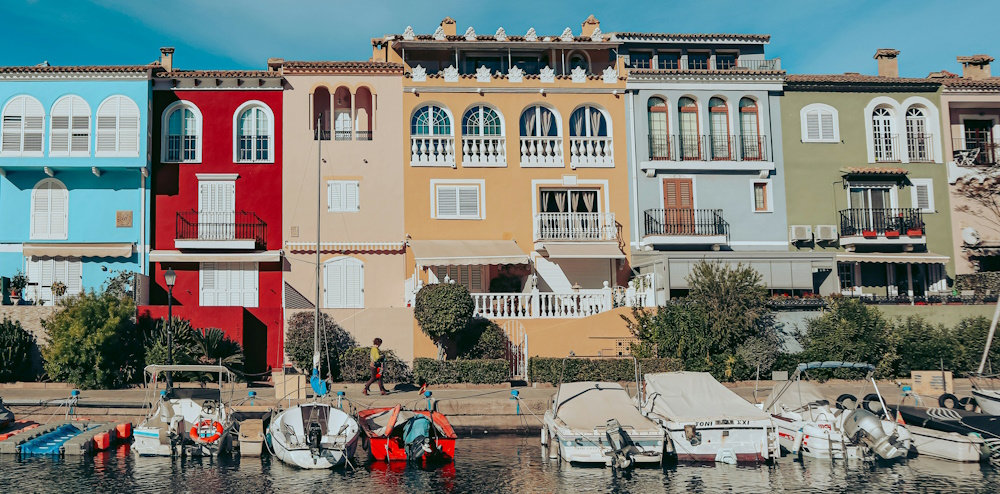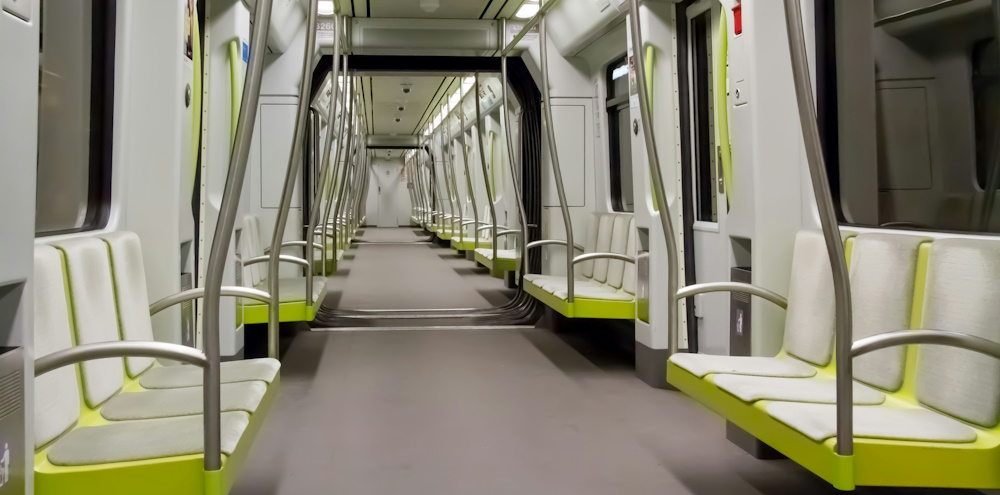Living in Valencia
Home to the world-famous dish paella, Valencia provides an authentic taste of Spanish life on the sun-drenched east coast. Medieval landmarks stand alongside cutting-edge architectural marvels, making Valencia a fascinating confluence of tradition and modernity. The City of Arts and Sciences museum is a good example of this mix, while the city's historic heart offers a charming contrast.
Extensive green spaces, lively neighbourhoods, and streets lined with orange trees add to Valencia’s undeniable allure. Whether you’re drawn to the Bohemian vibe of Ruzafa, the cultural richness of El Carmen, or the family-friendly City of Arts and Sciences area, you’ll find Valencia is a welcoming city with something for everyone. Thanks to its friendly locals and a lifestyle steeped in tradition, Valencia will make you feel right at home.
Pros and Cons of Moving to Valencia
Working in Valencia
Valencia’s job market is diverse but can be competitive, especially if you’re going through the process of securing a Spanish work visa. The city is seeing growth in key sectors like technology, tourism, and healthcare. You'll find opportunities here if you have tech skills or are involved in tourism and hospitality.
The tech sector is booming, with Valencia emerging as a startup hub. Regular job fairs and networking events cater to international professionals, so there are many opportunities to connect with others in your industry. The pharmaceutical and healthcare sectors are also expanding, supported by research institutions.
Although salaries here are slightly lower than in larger cities like Madrid or Barcelona, Valencia’s lower cost of living means your earnings will stretch further, allowing you to enjoy a high quality of life.
Cost of living in Valencia
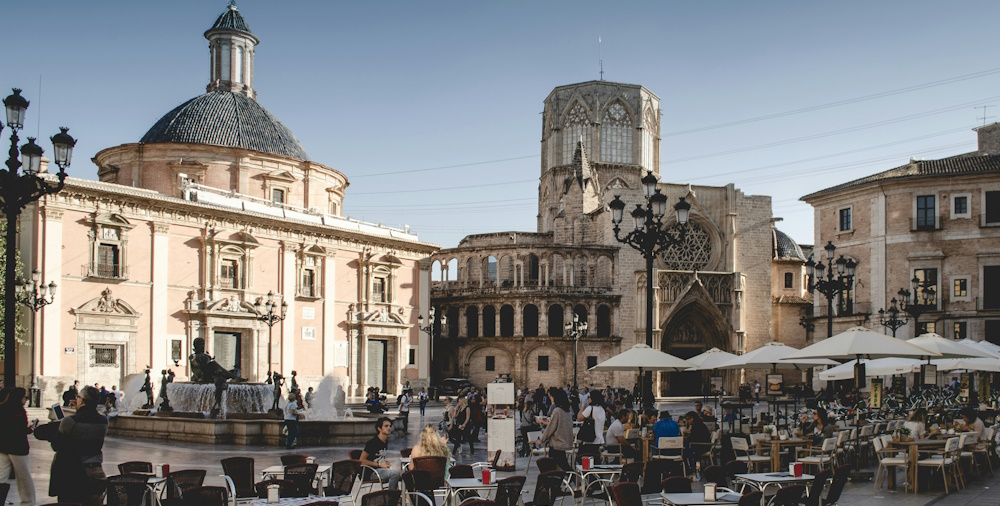
With its lush gardens and golden beaches, Valencia offers you a high quality of life without the high price tag of bigger cities like Madrid or Barcelona. Renting a one-bedroom apartment in the city centre is affordable compared to other European cities, and utilities are generally less expensive, making day-to-day life comfortable and manageable.
The cost of living has seen some shifts, particularly with rising housing prices due to increased demand. Even so, the cost of groceries, public transport, and dining out remains relatively low, giving you plenty of room to enjoy Valencia’s lifestyle. Plus, government subsidies have helped stabilise utility costs.
Thanks to its affordability, Valencia has become a magnet for those seeking a balance between a high standard of living and reasonable expenses. Your money stretches further here than in many other European hubs.
Lifestyle in Valencia
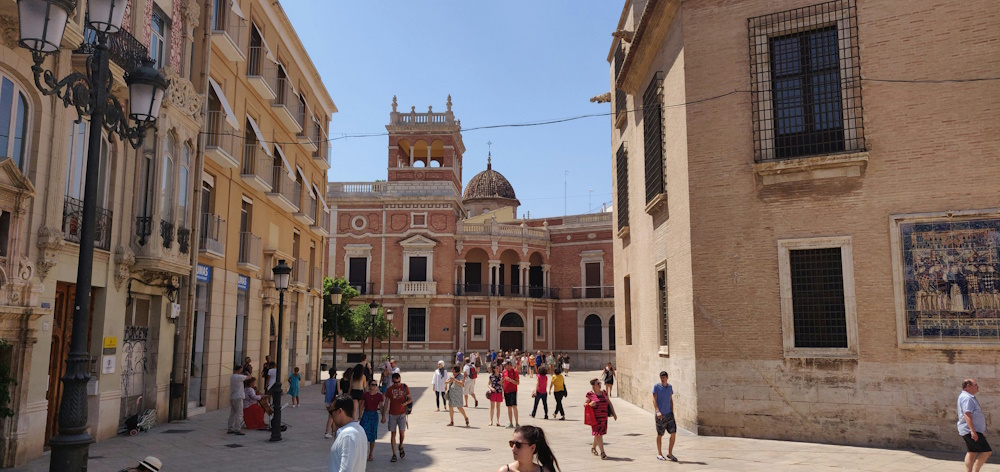
Valencia’s lifestyle is a perfect blend of cultural richness and outdoor living. You’ll find a thriving art scene, with frequent exhibitions at the city's renowned galleries. The architecture alone is a marvel, as futuristic buildings stand juxtaposed by medieval structures like the Valencia Cathedral and the iconic Torres de Serranos.
Valencia has miles of beaches, parks, and bike lanes that make it easy to stay active. Valencia has something to suit every lifestyle, from hiking in nearby natural parks to enjoying a day at the beach. The city’s parks and playgrounds, such as the ever-popular Parque Gulliver, are perfect for family outings or simply soaking in the sun.
The dining scene in Valencia is ever-evolving, with new restaurants that celebrate local ingredients and creative menus popping up. Add a packed events calendar, and you’ll never run out of things to do.
On top of that, Valencia’s healthcare system is top-notch, offering excellent care at both public and private facilities.
Living in Valencia with children
Valencia offers a family-friendly environment that balances exceptional education and outdoor activities. The city boasts many extracurricular activities for children, from sports clubs offering football, tennis, and swimming to arts and crafts workshops.
The city’s many green spaces, museums, and interactive parks provide plenty of opportunities for family fun on the weekends. Safety is another plus – although minor crimes such as theft have increased, violent crime rates remain low, making Valencia relatively safe for families.
Finding a school in Valencia
Finding a school in Valencia is straightforward, with public and private options available. State schools offer bilingual education in Spanish and Valencian, helping younger children overcome language barriers. Educational reforms have introduced more support for non-Spanish speakers, making it easier for international students to integrate and succeed.
If you’re considering private education, several independent schools provide high academic standards and international curricula.
Education and Schools in Spain
Finding accommodation in Valencia
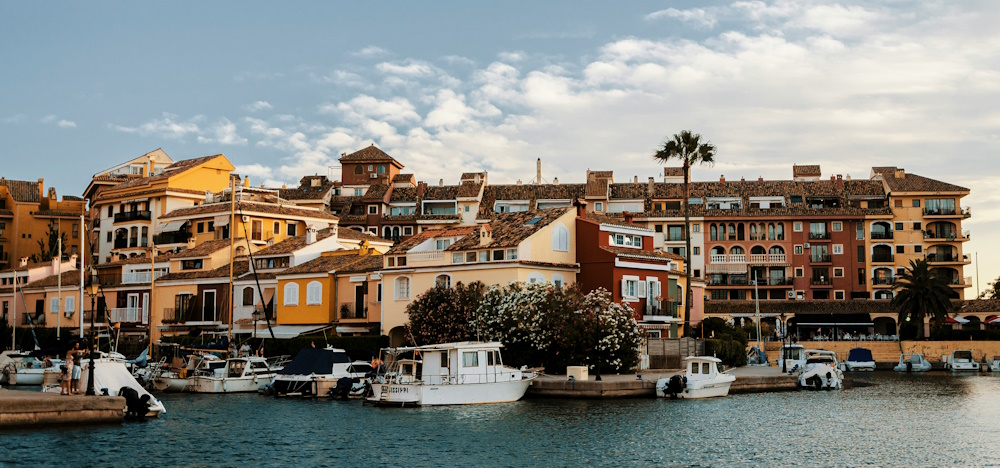
Accommodation in Valencia offers a diverse range of options, from modern apartments in the city centre to charming villas in nearby towns. If you’re looking to be in the heart of the action, areas like Ciutat Vella and Ruzafa are known for their mix of historical charm and modern conveniences, though rental prices can be higher due to demand.
For a more relaxed pace of life, towns like L’Eliana and Betera offer larger properties, often with outdoor spaces, at more affordable rates. These areas are popular with families and those looking for a quieter lifestyle.
Be sure to thoroughly review rental contracts and document the property's condition before moving in. Local agents and online platforms are great resources for finding a home that fits your needs. Valencia’s excellent public transport network makes commuting from the suburbs into the city centre smooth and easy, so living further out doesn’t mean sacrificing that much convenience.
Getting Around in Valencia
The Rental Process in Spain
Climate in Valencia
Valencia enjoys a Mediterranean climate, with hot summers and mild winters, making it an attractive destination year-round. Spring and autumn are particularly pleasant, perfect for outdoor activities like hiking or cycling along the Turia Gardens.
Summer can get quite hot, especially in July and August, so beach visits and evening strolls become the go-to. The city also experiences some of the driest winters in Spain, with plenty of sunshine throughout the year.
If you’re willing to buy into the Valencian way of life, you’ll soon settle in with the locals and learn to appreciate the small things in life – and, of course, the delicious Spanish cuisine.
